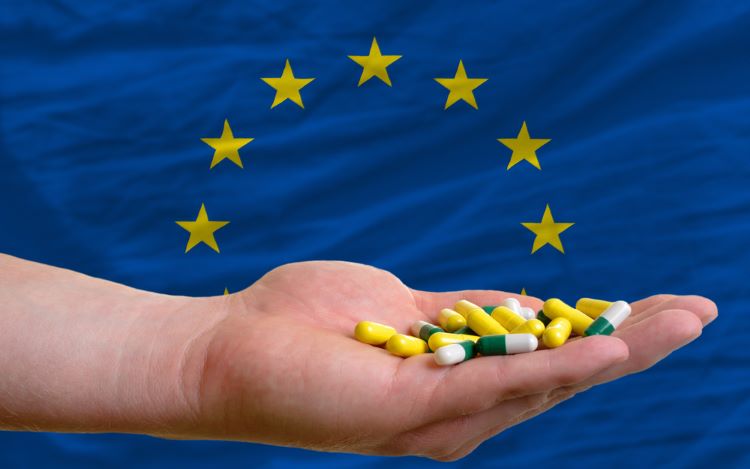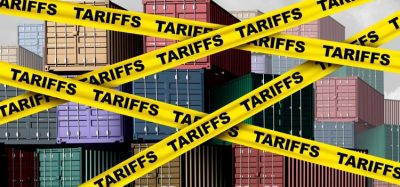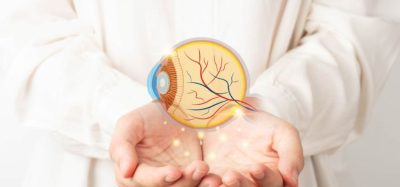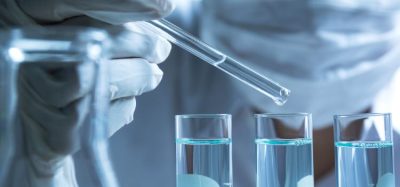Regional inequalities threatening Europe’s biosimilars market
Posted: 16 November 2023 | Catherine Eckford (European Pharmaceutical Review) | No comments yet
A new report reveals that low biosimilar adoption in certain European regions is impacting biologic medicine access for patients.


While Europe has historically been a pioneer in the adoption of biosimilars, a new report by the global initiative Act4Biosimilars has revealed differences country by country, including disparities between Eastern and Western Europe. This is based on research from a report published in April this year by IQVIA.
[Act4Biosimilars’ Regional Deep Dive Report Europe] noted that biosimilar adoption levels vary significantly across Europe”
Act4Biosimilars shared that their Deep Dive Report for Europe “encourages local stakeholders to use the Act4Biosimilars Action Plan to establish the strategies, tools, and activities” required for increasing equitable access to biologics.
The report noted that biosimilar adoption levels vary significantly across Europe because of differences in baseline use of biologics, biosimilar reimbursement, procurement, policies, and education, based on research published in a paper in the Journal of Market Access & Health Policy in 2017.
Regional disparities for biosimilars
Per capita, Central and Eastern European markets are behind Western European countries, with treatment guidelines and approaches to biosimilars considered as limiting factors, the report stated. Additionally, overall affordability of biologics limits the number of patients who can access these advanced treatments in Eastern Europe, the authors explained.
With procurement practices across Europe having a strong price focus, over time, this could impact the “sustainability of biosimilars and decrease competition, as well as reducing supply reliability”, the report acknowledged.
“As a pioneer in the regulation and adoption of biosimilars, you would expect high and equitable levels of adoption across Europe. However, hundreds of thousands of patients each year are missing out on medicines with a proven track record of being effective and safe,” Zorana Maravic, CEO of Digestive Cancers Europe and Act4Biosimilars Steering Committee member commented.
To support biosimilar adoption and expand access for patients in Europe, measures must be taken to reduce the cost of developing biosimilars”
Since their introduction in 2006, biosimilars have generated more than €30 billion in cumulative savings for European healthcare systems as of 2022, an IQVIA report from last year highlighted. The same report stated that despite “significant list price reductions, subsequent confidential rebates, increasing [biosimilar] competition in markets, not all European countries have been willing or able to increase access to biologic medicines in available therapy classes.”
To support biosimilar adoption and expand access for patients in Europe, measures must be taken “to reduce the cost of developing biosimilars as well as more sustainable tender processes that encourage healthy competition,” remarked Professor Arnold Vulto, Independent Consultant and Educator, Vulto Pharma Education & Consultancy (VuPEC) and Act4Biosimilars Steering Committee member.
Act4Biosimilars is supported by its founding sponsor, Sandoz.
Related topics
Big Pharma, Biologics, Biopharmaceuticals, Biosimilars, Drug Markets, Drug Supply Chain, Industry Insight, Regulation & Legislation, Sustainability, Therapeutics









